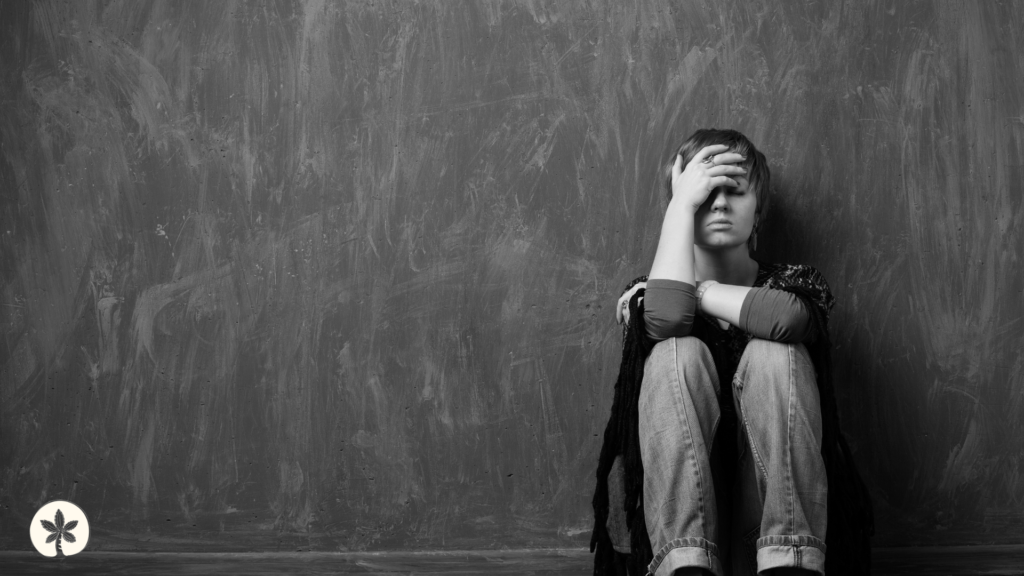Grief is like an old friend to me—not the kind you eagerly welcome, but one who shows up uninvited and demands to be heard. In my work as a therapist, I’ve come to understand that grief is not just about death. It’s about the losses that carve out pieces of our hearts, leaving us to navigate the jagged edges of our emotions.
Think about it—when was the last time you felt like your world was crumbling, not because of death, but because of a breakup or a job loss? These are losses that cut deep, leaving us feeling raw and vulnerable. As a therapist, I’ve seen firsthand how these experiences can shake us to our core, challenging everything we thought we knew about ourselves and our place in the world.
And then there are the losses that strike at the very core of our identity—the diagnosis of a mental illness or chronic illness, the news that a loved one or a child is facing a life-altering condition. These are the moments that force us to confront our mortality, to grapple with the fragility of life and the uncertainty of what lies ahead.
But perhaps the most insidious form of grief is the one that arises from the realization that we didn’t get what we needed in childhood or in relationships. It’s the quiet ache of unmet needs and unresolved wounds, the longing for a sense of belonging and validation that always seems just out of reach.
As a therapist, I’ve learned that grief is messy and complicated. It doesn’t follow a neat timeline or fit into tidy boxes. It ebbs and flows like the tide, sometimes receding into the background, only to come crashing back with a force that takes our breath away.
But here’s the thing—grief is not something to be feared or avoided. It’s something to be embraced, to be honored for the profound role it plays in shaping who we are and how we move through the world. As a therapist, I’ve seen how leaning into grief can open doors to healing and growth, allowing us to reclaim pieces of ourselves that we thought were lost forever.
In my work, I’ve found that the most powerful healing happens in community—in the shared stories and shared tears of those who have walked this path before us. It’s in the moments of connection and understanding that we find solace and strength, knowing that we are not alone in our pain.
So if you’re struggling with grief, know that it’s okay to reach out for help. Whether you’re grappling with the loss of a loved one, a relationship, or a sense of identity, there are people who understand and who can walk alongside you on your journey toward healing.
And remember, grief is not a sign of weakness. It’s a testament to the depth of our humanity, to our capacity for love and resilience in the face of adversity. So let’s embrace our grief, let’s hold space for ourselves and for each other, knowing that in our shared vulnerability, we find strength.
